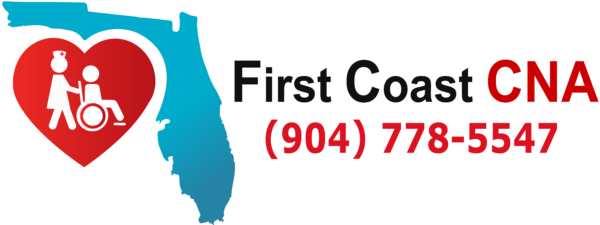To state the obvious, food is important. If you’re fighting illnesses, it’s even more vital. Unfortunately, even though the sick and injured need food and water to help them heal, their condition may make consuming it difficult. That’s where CNAs come in. If you’re new to the CNA world—or if you want to brush up on your skills for your Florida Prometric CNA test—these tips for assisting patients with eating and drinking will help you make sure your patients have the energy to get well.
Making Wise Meal Choices
If a patient is in a position of needing a CNA’s assistance at mealtime, chances are they can’t eat anything. A patient recovering from a stroke or head injury may have difficulty chewing and swallowing. Another patient may have digestive issues triggered by eating rich food or drinking caffeinated drinks. Above all, you’ll need to make nutritional decisions based on both its health benefits and the patient’s ability to consume it.
However, just because you’re in a healthcare field doesn’t mean your choice has to be based on health alone. As much as possible, take the patient’s preference into account. For instance, if you are working with an elderly patient who refuses to eat the food in front of them, consider giving them other options within the parameters of what they can eat.
Make Sure Food Is Digestible
If a patient isn’t on soft foods, they will likely need to cut the food into bite-sized pieces, particularly if they have trouble with chewing or swallowing. If a patient has a condition that hampers their ability to do these things, though, they may have other motor issues that prevent them from cutting food or perceiving whether the food is in small enough pieces. That’s why it’s important to keep an eye on patients who do have the ability to feed themselves and always be ready to offer to cut food up for them.
Pacing
When eating is hard, you can’t rush the process. Allow patients to take their time with chewing to prevent the risk of choking. And in between bites, encourage patients to drink their fluids. If you are working with a patient with a quickly diminishing appetite, try to make sure that they eat a little of each part of their meal, even if they can’t finish the entire plate. That way, they will most likely eat a more balanced combination of nutrients.
Don’t Forget Clean-Up
Assisting patients with eating and drinking doesn’t end when the meal is over. Make sure a patient’s hands, face, and clothes are clean of sticky residue or crumbs. This may not be obvious to you, so be sure to ask. Also, help them with food that may have become trapped in the teeth or between dentures. Patients will be more comfortable, and bathing the patient later will be far easier for you.
